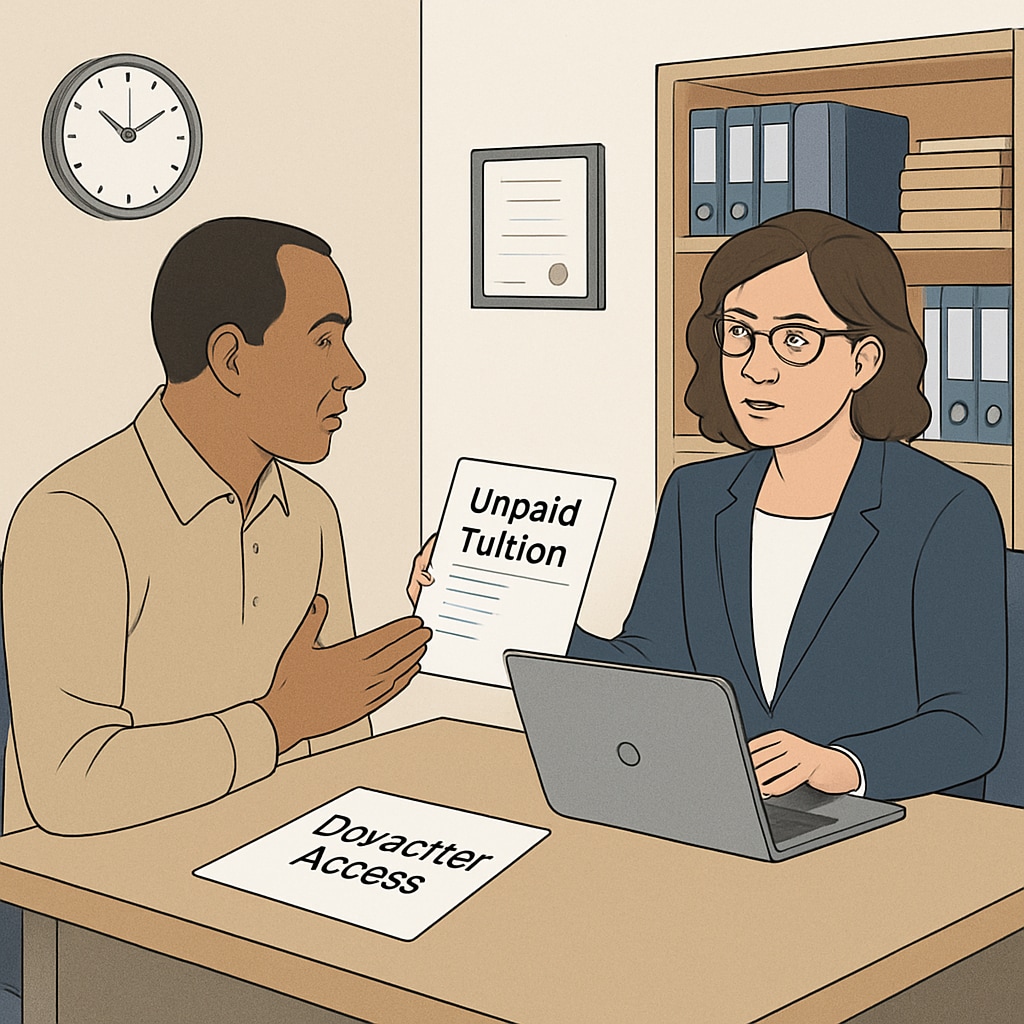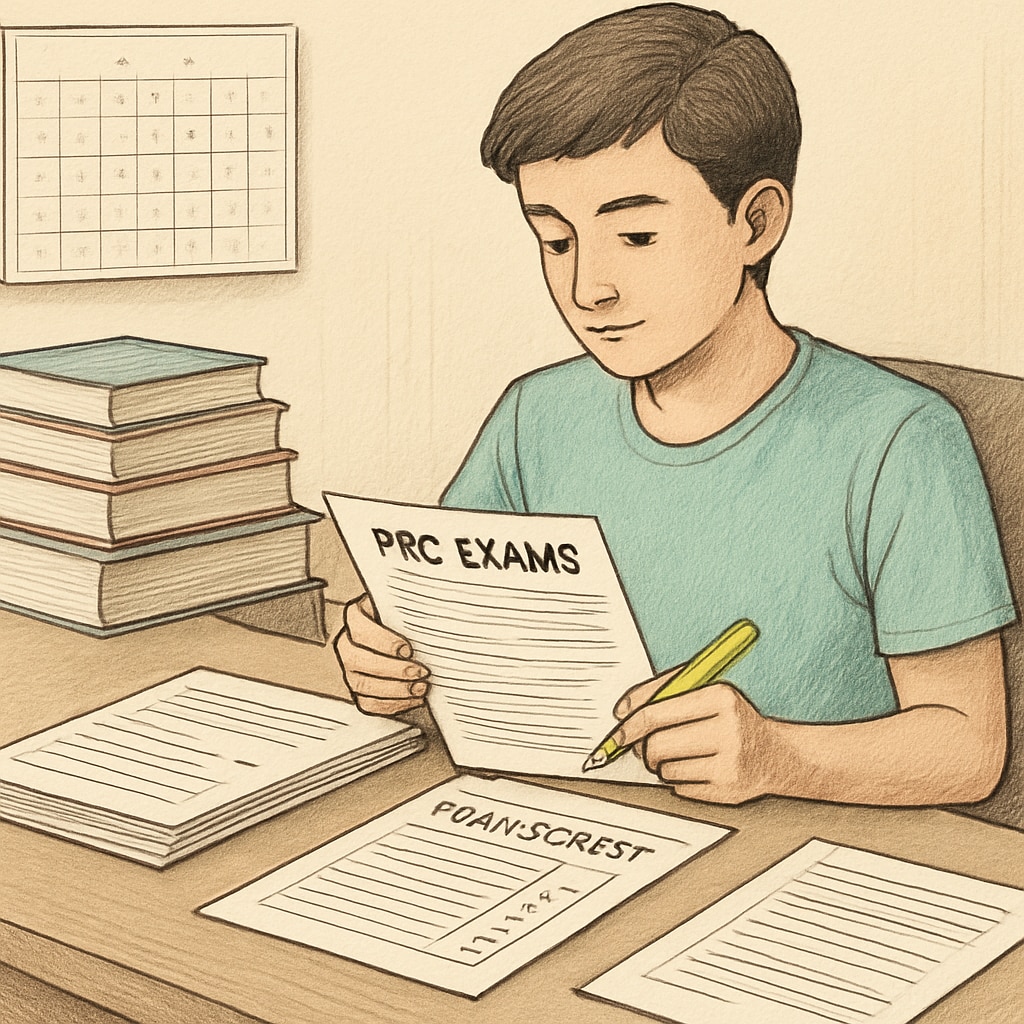Obtaining a school transcript while dealing with unpaid tuition is a common challenge for families facing financial struggles. This issue, especially in K12 education, often leaves parents unsure of their rights and schools unclear about the balance between enforcing payment policies and ensuring access to education. Understanding the regulations, practices, and potential solutions is crucial for protecting your child’s educational future. Whether it’s for applying to a new school, taking PRC exams, or other administrative needs, navigating the intersection of unpaid balances and transcript access requires informed decision-making.
Why Financial Hardship Should Not Block Access to Transcripts
Education is considered a fundamental right in many legal systems. However, financial obligations such as unpaid tuition can create barriers to accessing essential documents like transcripts. These records are critical for students transitioning to new schools, applying for standardized tests like PRC exams (Philippine Regulatory Commission exams), or pursuing higher education opportunities. When schools withhold transcripts due to unpaid fees, it raises ethical and legal concerns.
For example, U.S. public schools are generally prohibited from withholding transcripts due to unpaid balances, as education is a public right. However, private schools and institutions in other countries may have different policies. In these cases, understanding local laws and school regulations is essential. Parents can start by reviewing their enrollment contracts and seeking legal advice if necessary.

Legal and Ethical Perspectives on Unpaid Tuition and Transcripts
Schools often face the dilemma of balancing their financial stability with the need to provide education. While policies vary by country and school type, there are overarching themes in how unpaid tuition impacts transcript access:
- Public Schools: In many countries, public schools cannot legally withhold transcripts for unpaid balances. For instance, in the U.S., federal laws like the McKinney-Vento Act protect the rights of homeless students, ensuring access to educational records.
- Private Schools: Unlike public schools, private institutions often operate under different rules. They may legally withhold transcripts or diplomas until fees are settled, but this practice is increasingly scrutinized for its ethical implications.
- International Variations: Policies in countries like the Philippines or the UK may differ significantly. For example, in the Philippines, PRC exams require submission of academic records, making access to transcripts a critical issue.
Parents should familiarize themselves with both local laws and school-specific policies. Consulting educational advocacy groups or legal professionals can provide clarity and support during disputes.

Practical Steps for Parents Facing Financial Challenges
For families dealing with unpaid tuition, navigating the situation requires a combination of communication, negotiation, and resourcefulness. Here are some actionable steps:
- Communicate with the School: Open a dialogue with school administrators to explain your financial situation. Many schools offer payment plans or temporary solutions to help families in need.
- Seek Financial Assistance: Explore scholarships, grants, or community assistance programs that may help cover outstanding balances.
- Request Partial Access: If full transcript access is denied, request an unofficial copy or a summary of grades for immediate needs.
- Know Your Rights: Research local laws and policies regarding unpaid tuition and transcript access. For example, public schools in some regions are legally required to provide transcripts regardless of financial status.
- Consider Legal Action: As a last resort, consult a legal expert to determine if the school’s policies violate any rights or regulations in your jurisdiction.
By taking a proactive approach, parents can often find solutions that minimize the impact on their child’s education while addressing financial obligations over time.
Conclusion: Balancing Financial Policies with Educational Equity
The intersection of unpaid tuition and access to school transcripts highlights a complex issue that affects families globally. While schools must maintain financial stability, denying transcripts can have long-term consequences for students. By understanding the legal landscape, advocating for your rights, and seeking practical solutions, parents can navigate this challenge effectively. Education is not just a privilege; it’s a pathway to opportunity—and ensuring access to essential documents like transcripts is a vital part of protecting that pathway.
Readability guidance: This article uses short paragraphs, lists, and clear transitions to improve readability. Active voice is prioritized, and overuse of technical jargon is avoided to keep the content accessible to a broad audience.


